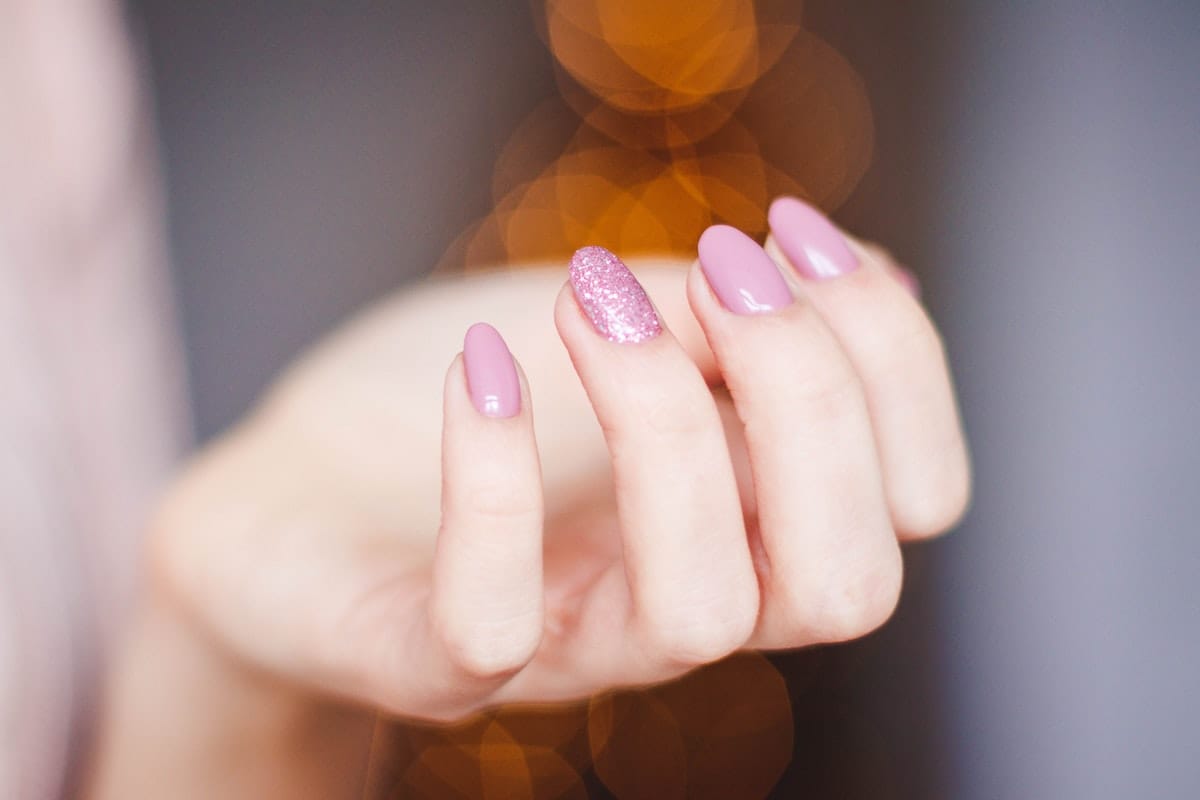
10 Best San Marcos Nail Salons
-
1450 W Mission Rd, San Marcos1.9k karma
-
708 S Rancho Santa Fe Rd, San Marcos1.8k karma
-
407 N Twin Oaks Valley Rd, San Marcos1.6k karma
-
940 W San Marcos Blvd c, San Marcos1.4k karma
-
1921 W San Marcos Blvd 135, San Marcos1.4k karma
-
325 S Rancho Santa Fe Rd, San Marcos1.3k karma
-
1641 Grand Ave STE 104, San Marcos1.3k karma
-
8. Nail Bar731 W San Marcos Blvd, San Marcos1.0k karma
-
9. Nails 4 U844 W San Marcos Blvd, San Marcos1.0k karma
-
740 Nordahl Rd, San Marcos944 karma
About Nail Salons
Taking a moment to sit down and receive a manicure is a modern day luxury. A hand massage, buffed and shaped nails, and a glossy coat of nail polish can elevate your day. However, if you’ve been out of the manicure game for a while, there are many choices. From gel to shellac, powder to acrylic, what do you choose? We’ve broken down the top things to consider in selecting a nail salon.
1. What’s the difference between gel, shellac, acrylic, and powder nail polish?
Regular Polish: The least expensive nail polish option, regular polish can be removed at home with acetone, and lasts about a week. Cost: $20-35
Gel: Gel polish has a glossy and natural appearance. This is more durable than your typical manicure and lasts approximately 2 to 3 weeks. Gel polish cannot air dry and must dry under a UV light. To remove the polish, you’ll either need to soak your nails in acetone or take a trip back to the salon to get it off. Cost: $25-45
Shellac: A hybrid between regular and gel polish, the benefit of shellac polish is it can last upwards of 1 month. Like gel polish, shellac is cured and hardened under a UV light. Cost: $ 35-45
Acrylic: If artificial nails are what you’re after, acrylic nails are the most durable type of nail extensions. A layer of liquid and powder is placed over your natural nails and an acrylic tip is attached. Shape and polish as you would normally. Expect acrylic nails to last about 3 weeks, then go back to the salon for a “fill” for any exposed natural nail growth. Cost: $35-50 full set, $20-30 fill
Dip Powder: Instead of polish, your nail color comes from a jar of pigmented powder. The nail tech will apply a coat of sealant, then dip your nails into the pigment, then repeat. Dip powder nails are durable and will last 3 weeks or more, however your nails will appear thicker than with regular polish. Cost: $45-50
Prices vary from salon-to-salon, depending on employee wages, products they use, and overhead, like rent, taxes, and utilities.
2. How do I know if a nail salon is clean?
Unless you live in New York or Texas, there isn’t a regulated best practice for cleaning and sanitizing manicure equipment. If a nail salon doesn’t properly clean their tools and facility, you are at risk for a number of gross fungal and bacterial infections, and viruses. No matter where you are located, here are a few things to look out for or ask your technician before you sit down for a manicure.
- Keep an eye out for excessive dust, dirt, hair and debris on the floors, baseboards, and walls.
- There should be a hand washing station with hot and cold water and single use liquid hand soap and towels available to customers.
- All of the products used should have the original manufacturer label and ingredients list.
- The manicure equipment should be cleaned using heat elements (aka autoclave), liquid sterilant, or both.
3. Are there non-toxic nail polishes available?
Yes! Non-toxic nail polish aka 5-Free do not use five hazardous ingredients commonly used in nail polish manufacturing. Your nail polish should NOT contain any of the following: Toluene, DBP (Dibutyl Phthalate), Formaldehyde, Formaldehyde resin, and Camphor. Brands like OPI Infinite Shine, Butter London, and Jin Soon all produce 5-Free nail polishes. In general, nail salons will allow you to bring your own color for your manicure.
4. Is it ok for my nail technician to provide waxing or other beauty services?
An aesthetician or cosmetology license is required to professionally wax any part of your body (looking at you upper lip). Beware of add on services such as permanent makeup, microblading, eyebrow/lash tinting, or other medical services like Botox. These services require additional training and licenses to perform. If you do get waxed at the nail salon, make sure that the wax container is covered and any wooden sticks are single-use and new. No double dipping.
5. What’s proper nail salon etiquette (e.g. tipping, nail repairs and kids)?
As with anytime you leave the house and enter someone’s business, be on your best behavior. Loud talking and eating are no-nos in a nail salon. Be clear with your nail tech on the length, shape, and color of your nails. When in doubt, have a picture handy. If your nails chip or break (within 24 hours for a regular manicure or 5-days or less for gel, shellac or acrylic), call ahead to the salon and ask for their repair policy and a good time for you to come in for a fix. If you bring your kid with you and they occupy a chair or have their nails painted, expect to pay $10-20 for the luxury. Tipping is expected and appreciated at nail salons. Tipping amounts may vary, but 20% is the standard.